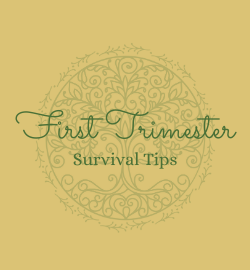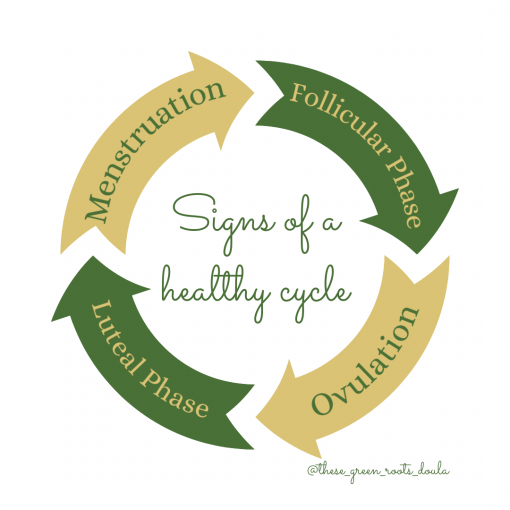You may have just started thinking about trying to conceive, or perhaps you've been on the journey for a while now. Either way, you have probably realized that it can be a bit more complicated that we learned in school. If you've stumbled across this post, you are probably already know that each month you have a roughly 20% chance of getting pregnant, and are hoping to increase your chances.
This isn't going to be a list of supplements that will increase your fertility; that's something that is far too individualized to give a general list. What this will be is a list of lifestyle choices and actions that you can take, which will help optimize your chances of conceiving. With that in mind, let's look at what you can do!
-
Learn to properly chart your cycles.
-
This is the number one thing that I encourage clients to do. Charting your cycles is empowering, regardless of where you are in your fertility journey. By knowing exactly when you are coming into your fertile window, you are able to time intimacy appropriately. You'll also be able to use the information in your charts to confirm ovulation, identify or rule out certain conditions that may impact fertility, and even feel confident in confirming pregnancy. Not sure where to start? Check out my blog post on cycle charting.
-
-
Talk to your partner.
- Trying to conceive can be exciting, but can also be scary and stressful. Make sure that you are maintaining open communications, so that you don't feel like you are carrying the burden alone. This is also important so that your partner doesn't feel useless or in the dark, especially if you are experiencing any difficulties with fertility.
-
Take your vitamins.
- I know I said this wasn't going to be about supplements, but it is so important that you start taking a prenatal vitamin before you get pregnant. You should make sure that it includes your daily intake of vitamin D as well (especially in winter months), since there is some evidence that links vitamin D deficiencies with increased risk of early pregnancy loss.
-
Learn to meditate.
- You don't have to spend hours each day meditating, but with the craziness in the world around us (especially applicable as I write this during a worldwide pandemic), it's important to find some time to just sit. Focus on your breath, be mindful of your surroundings, and try to let go of some of the stress you are carrying. This is also a skill that you can carry through into everyday life outside of your fertility journey, through a potential pregnancy/birth, and into the rest of your life.
-
Clean out your cupboards.
- There is a lot of information out there about environmental toxins and how they can affect fertility, and it can become overwhelming. I'm not suggesting that you become vegan, only eat organic, or stop washing your hair. What I am suggesting is that you familiarize yourself with which foods are most likely to have higher levels of pesticides (i.e. the 'dirty dozen'), which body products contain phthalates and parabens (it's easy to find ones that advertise they don't contain them), cook from scratch when you can, and be conscious about what you store/reheat your food in (hint: avoid plastics when possible, using glass instead). If some of this sounds like it's too much, that's fine – pick what feels accessible and focus on that.
-
Work with a fertility doula.
- If you are starting to feel overwhelmed by your fertility journey, or don't know where to start, know that there are people out there to help you! A fertility doula can help you navigate the confusion, provide you with evidence-based information, and help you to make informed decisions. You can read more about how they can help on my Fertility Support page.




